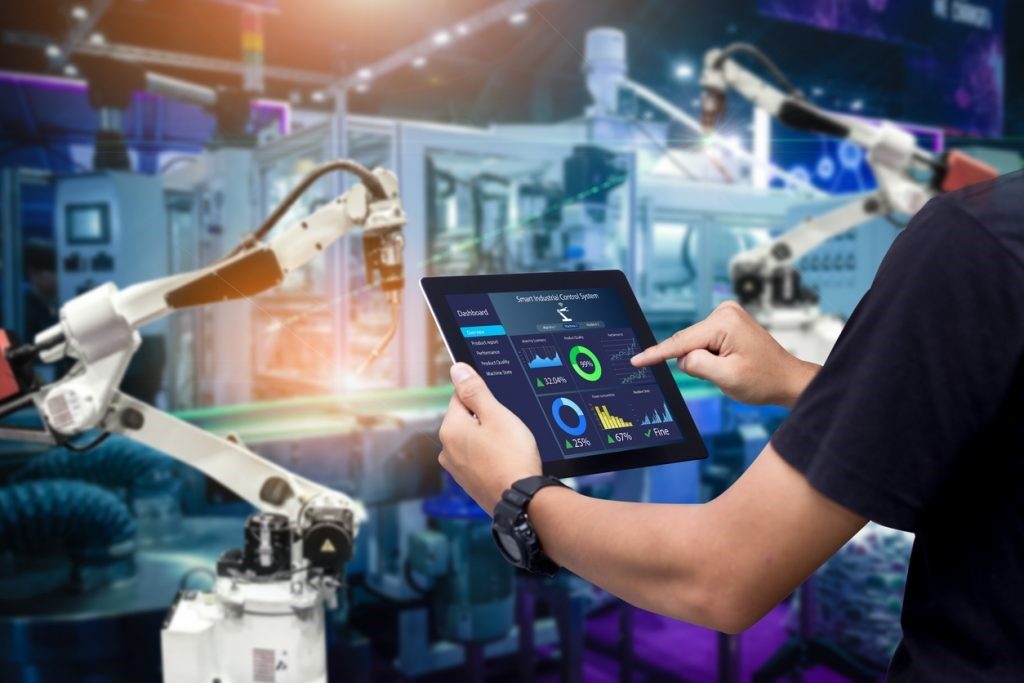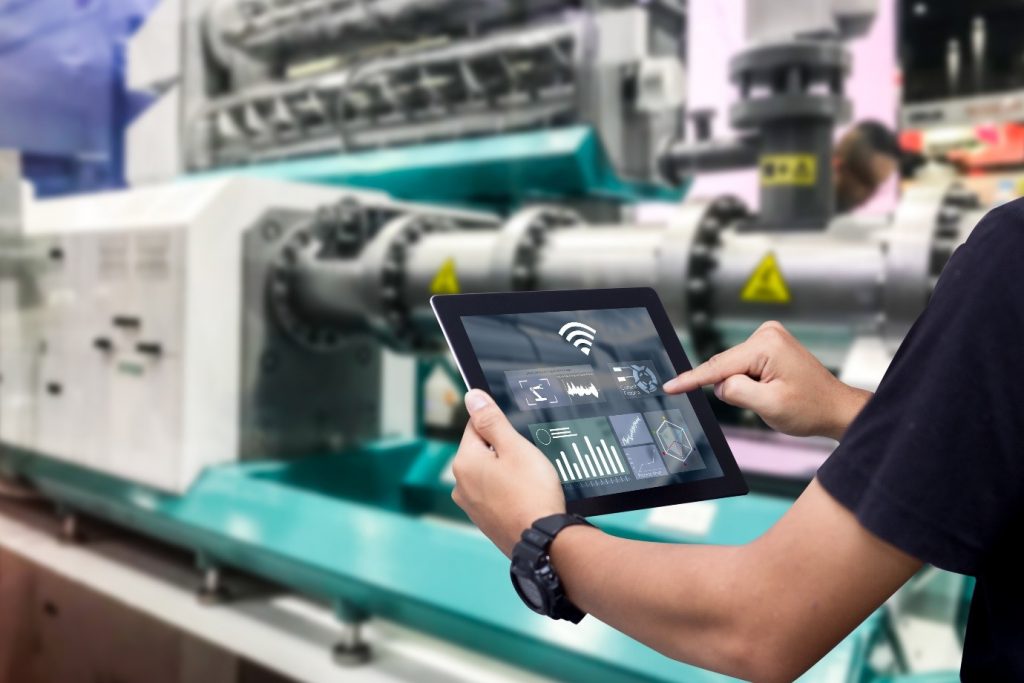Coronavirus Pandemic Highlights Importance Of Robotics In Manufacturing
The Coronavirus pandemic has brought about a number of changes in the way that each and every one of us live our lives on a day to day basis. Not only that, it’s also brought about significant changes in the way that all sectors operate in the workplace, and that’s no different for the manufacturing industry.
Robotics have played a vital role in manufacturing for a number of years now, but in recent months there’s been a real reliance on autonomous machines due to a lack of human staff being able to work within factories up and down the UK.
As one of the UK’s leading spring manufacturers, we understand just how important IOT and robotics are to the future of the manufacturing industry, so our experts give some of our insight into the main reasons the sector needs to invest in robotics in the coming years.
IOT & Smart Factories’ Vital Role During Pandemic
Before the Coronavirus pandemic swept across the globe, IOT and Smart Factories were already well-established within many manufacturing businesses around the world, and there is good reason for this. From being able to autonomously work all hours through the use of robotics, to equipment being able to accurately assess when it requires maintenance work, or if product quality was slipping, these innovations have already started to shape the industry for the better. COVID-19 has simply accelerated this process and reaffirmed the need for robotics in the industry.
With employers now needing to take into account a whole host of health and safety issues, including adhering to social distancing measures in the workplace, along side maintaining staff well-being, robotics in manufacturing really does come into its own.
We have already seen many companies continue to thrive during and after the height of the Coronavirus pandemic, with equipment being able to autonomously work alongside a skeleton staff of human employees to ensure products created are of the highest standard. This has played a vital role in keeping many businesses within the manufacturing sector afloat, whilst also ensuring that social distancing measures are easily adhered to within the workplace, keeping all employees safe.
Robotics Take Giant Leap During Pandemic
There’s no denying that robotics have been a key part of the manufacturing industry for some time, but in recent months there has been a huge leap in the productivity and innovation seen within the robotics industry. The COVID-19 pandemic has given robotics experts from around the world a real impetus, as they race to develop and deploy innovative technological solutions that are capable of addressing the numerous challenges faced by a huge range of industries due to the current crisis.
One of the major developments to come about this year is seeing robots capable of performing disinfection tasks in public and commercial spaces. Utilising robots to disinfect workplaces could well become the norm, especially in the manufacturing industry, as autonomous equipment is already playing a vital role in the supply chain. By reducing the need for human interaction with potentially infected areas, businesses can rest assured they are doing everything within their power to reduce the likelihood of any COVID related outbreaks within their workplace.
Whilst it’s fair to say that robotics are constantly evolving, there is still a need for robots that are capable of fulfilling more than one task. This has been an area of focus for researchers for a number of years now, as the need to shift to multi-task robotics has grown in demand from companies around the world. The advancements we have seen during the Coronavirus pandemic has certainly given many scientists and robotics developers the confidence that creating autonomous innovations can be done in a short space of time, it’s now up to developers to take the next step in providing multi-purpose robotics.
For the manufacturing industry it would be ideal to see a robotic solution that is capable of not only creating products and highlighting when it is due to either breakdown or requires maintenance, but also actively fix any internal issues by itself. This would take a lot of pressure off engineers within manufacturing businesses, as the autonomous machines could effectively work completely alone to some degree.
Want to find out more about the latest developments in the manufacturing industry? Be sure to regularly check in on our news page as our experts are constantly giving their take on the latest and greatest innovations within the sector, as well as sharing the very latest company news coming out of European Springs & Pressings!

